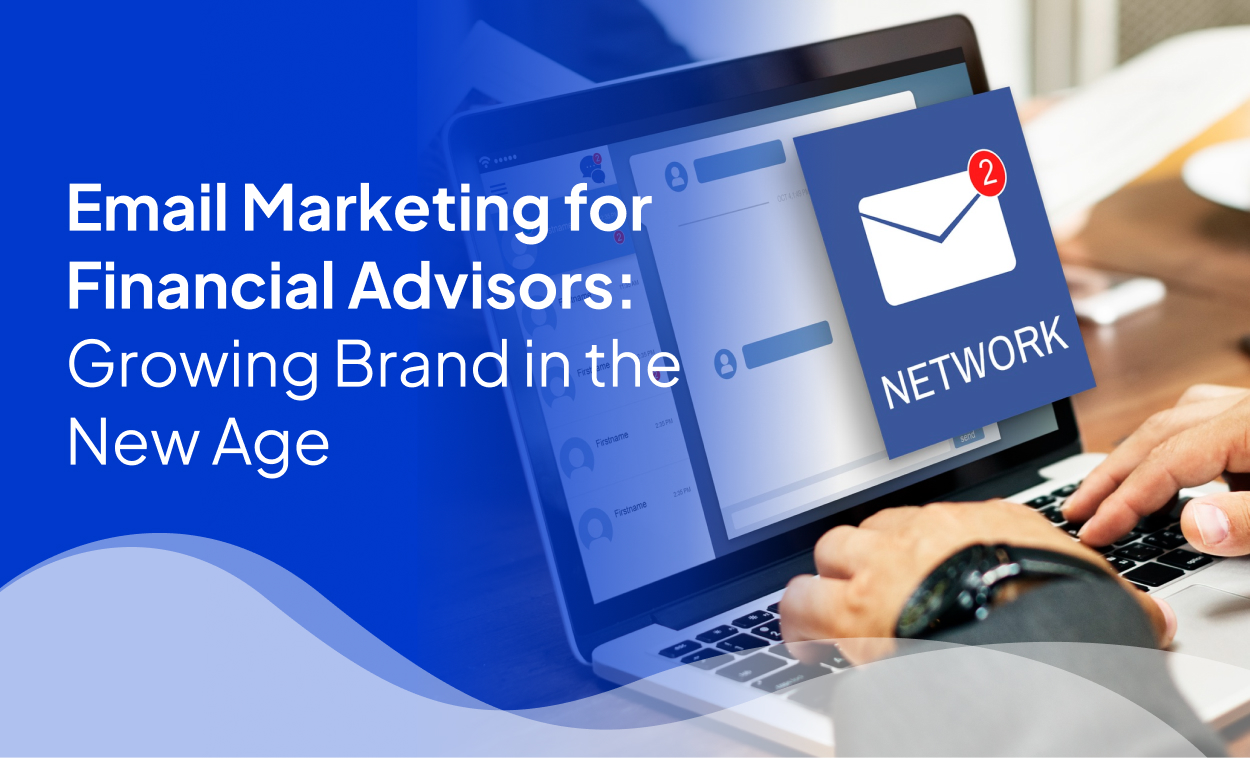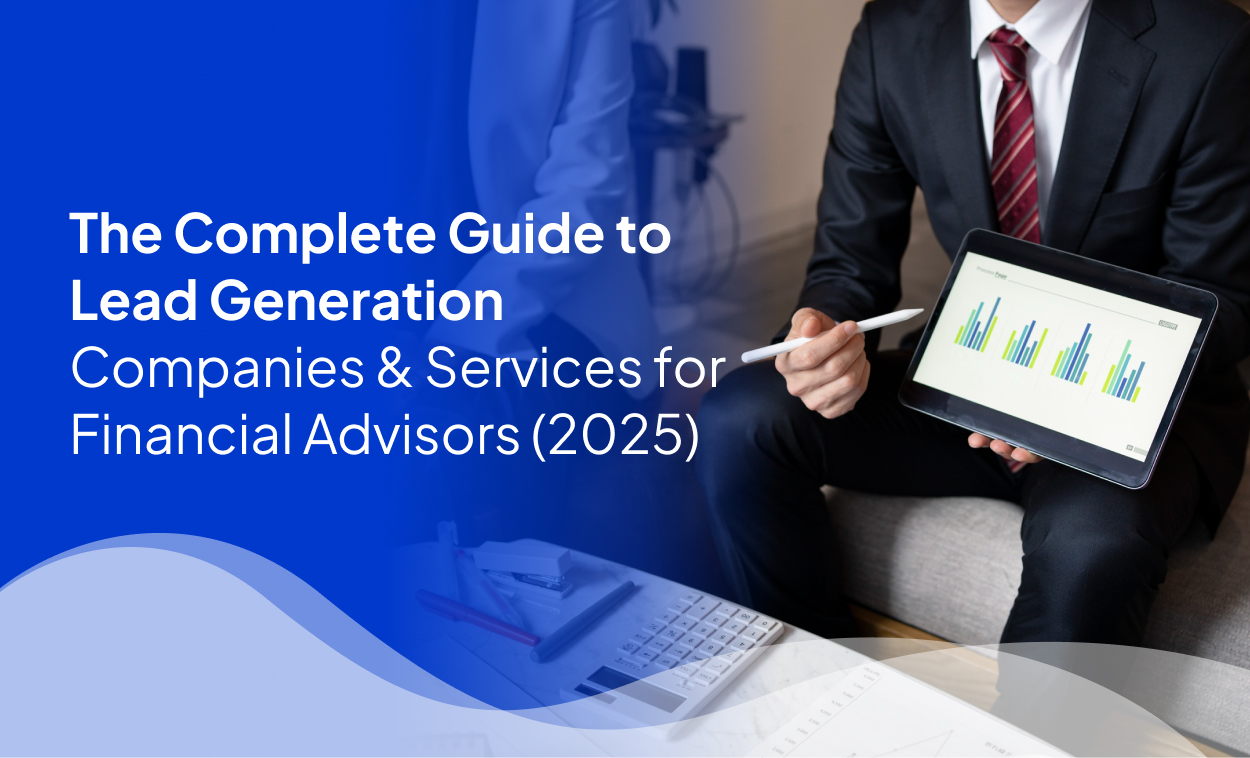
- Written & Reviewed by Jeremy
- Published
- Last Updated Oct 14, 2025
Have you ever noticed that the best opportunities often come through someone you know rather than from a random ad or cold call?
Maybe a friend recommended an excellent plumber, or a colleague referred you to a financial advisor they trust. That’s the power of influence.
In business, these trusted connections can be game changers. You don’t have to chase every lead or shout for attention online. Instead, focus on building relationships with people whose networks naturally connect to the clients you want to reach.
This is the essence of a Center of Influence strategy. It’s about working smart, not just hard, by letting trust and credibility open doors for you. When you prioritize working for people who will genuinely value your product or service, rather than pushing a hard sell, you automatically build your brand and humanize it.
Here are some proven ways to grow your influence and make these connections work for you.
What is a Center of Influence?
A Center of Influence, or COI, is a person or professional whose network overlaps with the audience you want to reach.
They could be accountants, attorneys, real estate agents, business owners, or even loyal clients who love what you do. The power of a COI lies in trust. When someone with credibility speaks highly of you, their endorsement carries weight. Unlike cold calls or generic marketing, referrals from COIs are warm leads that are far more likely to convert into loyal clients.
Essentially, COIs act as bridges, connecting you to potential clients in a way that feels natural and trustworthy.
10 Ways to Build a Center of Influence
1. Identify Your Ideal Client
Before you even start thinking about potential Centers of Influence, take a step back and define exactly who your ideal clients are. Consider the industries they work in, their professional needs, their lifestyle, or even their age group.
Knowing this helps you pinpoint the right people to connect with because your time and energy are limited. Trying to appeal to everyone is a waste; targeting the right audience ensures your efforts translate into meaningful opportunities.
2. Segment Your Existing Clients
Your current clients are a treasure trove for referrals. Look for those who are highly engaged, loyal, and enthusiastic about your services. These “A clients” already act as unofficial ambassadors for your business.
They have networks similar to the clients you want to reach, which makes them an excellent starting point for identifying potential COIs. By segmenting your clients, you can focus on nurturing relationships that naturally generate word-of-mouth recommendations.
3. Make a List of Potential COIs
Think beyond just the obvious professionals like accountants, lawyers, or bankers. While these are tried-and-true COIs, countless others can connect you with the right audience.
Event planners, real estate agents, business coaches, community leaders, and even lifestyle consultants may have access to networks that overlap perfectly with your ideal client base. Make a thorough list, considering both traditional and unconventional options, and aim for diversity in your connections.
4. Prioritize Relationships
Not all COIs are created equal. Some will have the capacity, network, or influence to make a real impact, while others may not bring much value.
Instead of spreading yourself too thin, focus on a few high-quality relationships. Investing in these meaningful connections often yields far better results than trying to maintain dozens of superficial contacts.
Think of it as quality over quantity strong relationships lead to trust, and trust leads to referrals.
5. Build Genuine Connections
When approaching COIs, your goal should always be to cultivate a relationship rather than immediately ask for referrals.
Show genuine interest in their work, attend networking events together, collaborate on initiatives, or share insights that add real value to what they do.
The more they know you as a trustworthy, competent, and supportive professional, the more naturally referrals will follow. Remember, people refer someone they know, like, and trust, not just someone with a great pitch.
6. Clarify Expectations
Clear communication is critical in referral relationships. Discuss what kind of clients each party is seeking, the quality and volume of referrals, and how introductions or handoffs will be handled.
Setting these expectations upfront avoids misunderstandings and ensures that both sides are aligned. A smooth, transparent process makes it easy for COIs to recommend you without hesitation.
7. Deliver Exceptional Service
Every client referred by a COI reflects on their judgment. When you receive a referral, treat it as an opportunity to impress.
Follow up promptly, deliver top-notch service, and exceed expectations whenever possible.
When a COI sees that their referral was well taken care of, it strengthens their trust in you and makes them more likely to send future clients your way. Referrals thrive on consistency and reliability.
8. Stay Visible and Active
Even after establishing a connection, staying on a COI’s radar is essential. Speak at industry events, participate in professional or community groups, or contribute to initiatives that matter to them.
Your consistent presence reminds COIs of your credibility and professionalism. Being top-of-mind ensures that when opportunities arise, you’re the first person they think of to recommend.
9. Track and Follow Up
A system for tracking referrals, interactions, and follow-ups keeps your COI relationships organized and productive.
Simple tools like spreadsheets, CRM software, or even a dedicated notebook can work. The key is to make sure no opportunity slips through the cracks.
Regular follow-ups not only reinforce professionalism but also demonstrate your appreciation for the COI’s support, which nurtures a long-lasting and mutually beneficial relationship.
10. Look Beyond the Obvious
Finally, don’t limit your search for COIs to traditional professionals. Consider unconventional sources of influence whose networks intersect with your ideal clients.
Local business owners, lifestyle consultants, industry bloggers, or community organizers can all become valuable partners.
Creativity here can uncover opportunities that others might overlook, giving you a competitive advantage and access to audiences you didn’t know existed.
At the heart of every strong Center of Influence strategy is trust, visibility, and consistent growth. But building these relationships and turning them into measurable business results takes time and the right approach.
That’s where Revenx Financial advisor marketing agency can help. We specialize in creating smart, data-driven growth strategies that don’t just bring in leads but help you nurture meaningful business relationships. Whether it’s optimizing your digital presence, building authority, or designing referral-friendly campaigns, our focus is on giving you a clear path to sustainable growth.
Final Thoughts
A Center of Influence strategy is about leveraging trust and relationships to grow your business organically. By focusing on the right people, building genuine connections, delivering exceptional service, and staying visible, you can turn referrals into a consistent source of clients. Unlike cold marketing tactics, a well-executed COI strategy compounds over time, strengthening your reputation and creating a sustainable growth engine. It shifts the focus from chasing clients to cultivating relationships that naturally bring them to you.
FAQs
What is an example of a center of influence?
An example of a Center of Influence could be a trusted accountant who regularly works with business owners. If they know you provide excellent services, they may refer their clients to you. Another example is a satisfied client who recommends your services to their network because they trust and value your work.
How to become a center of influence?
To become a Center of Influence yourself, focus on building credibility, trust, and a strong network. Share your expertise, provide value consistently, maintain excellent relationships, and position yourself as someone people naturally rely on or recommend within your industry or community.
What is a central influence?
A central influence, in a business context, is another way to describe a Center of Influence. It refers to a person who plays a key role in connecting you to potential clients or opportunities through their credibility and network. They act as a bridge to help you reach the right audience.
How to find centers of influence?
To find COIs, start by identifying your ideal clients and then think about professionals or individuals who interact with them regularly. Look for trusted advisors, community leaders, or engaged clients whose networks overlap with your target audience. Networking events, professional groups, and client referrals are great places to discover potential COIs.
Disclaimer:
This blog is for informational and educational purposes only and should not be considered personalized business, financial, marketing, or legal advice. While the strategies and examples discussed here are designed to help professionals and business owners build effective Centers of Influence, actual results will vary depending on individual circumstances, industries, and the effort applied. All examples are illustrative and do not guarantee similar outcomes. Readers are encouraged to assess their unique situation and seek guidance from qualified professionals before implementing any business, networking, or marketing strategies.






